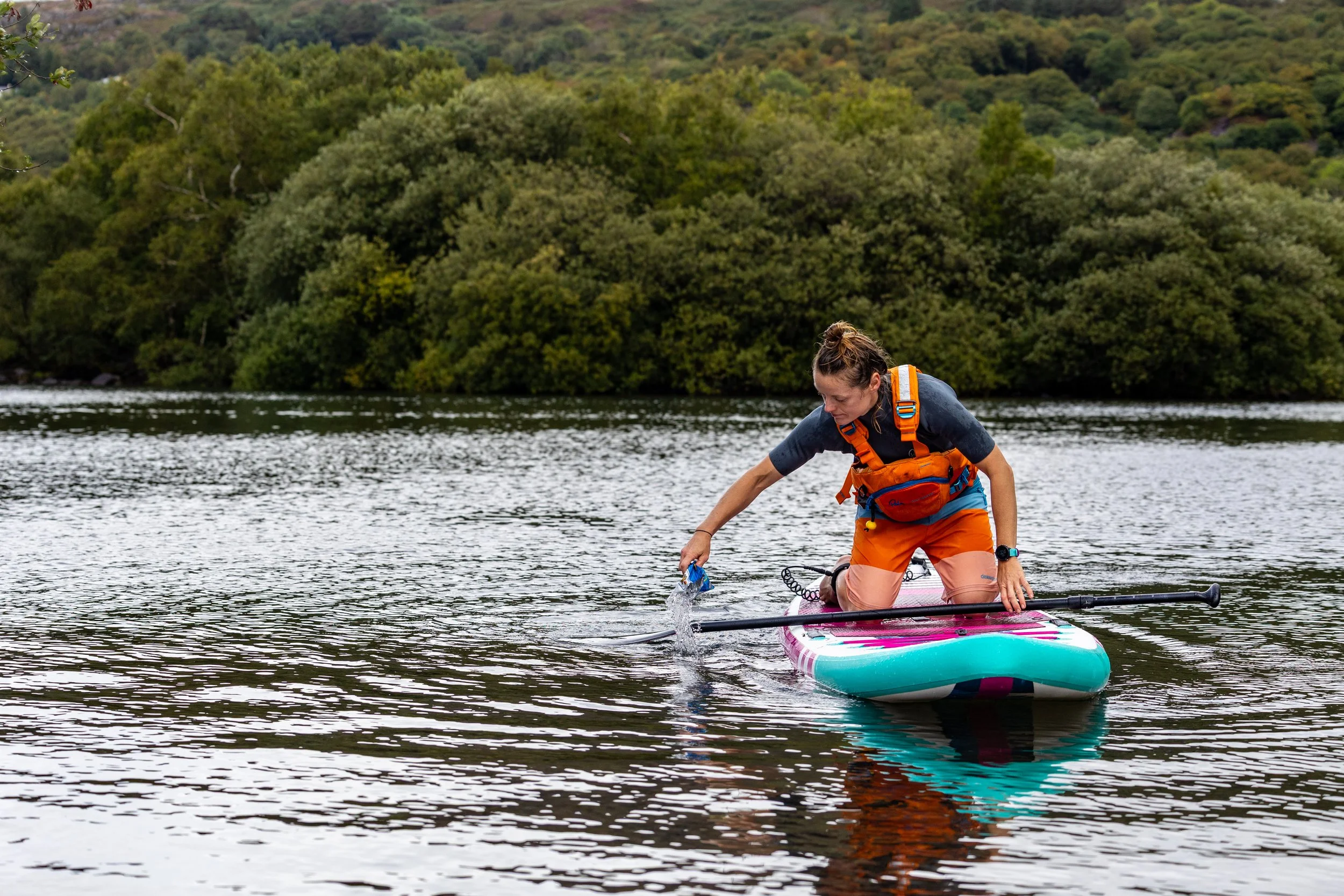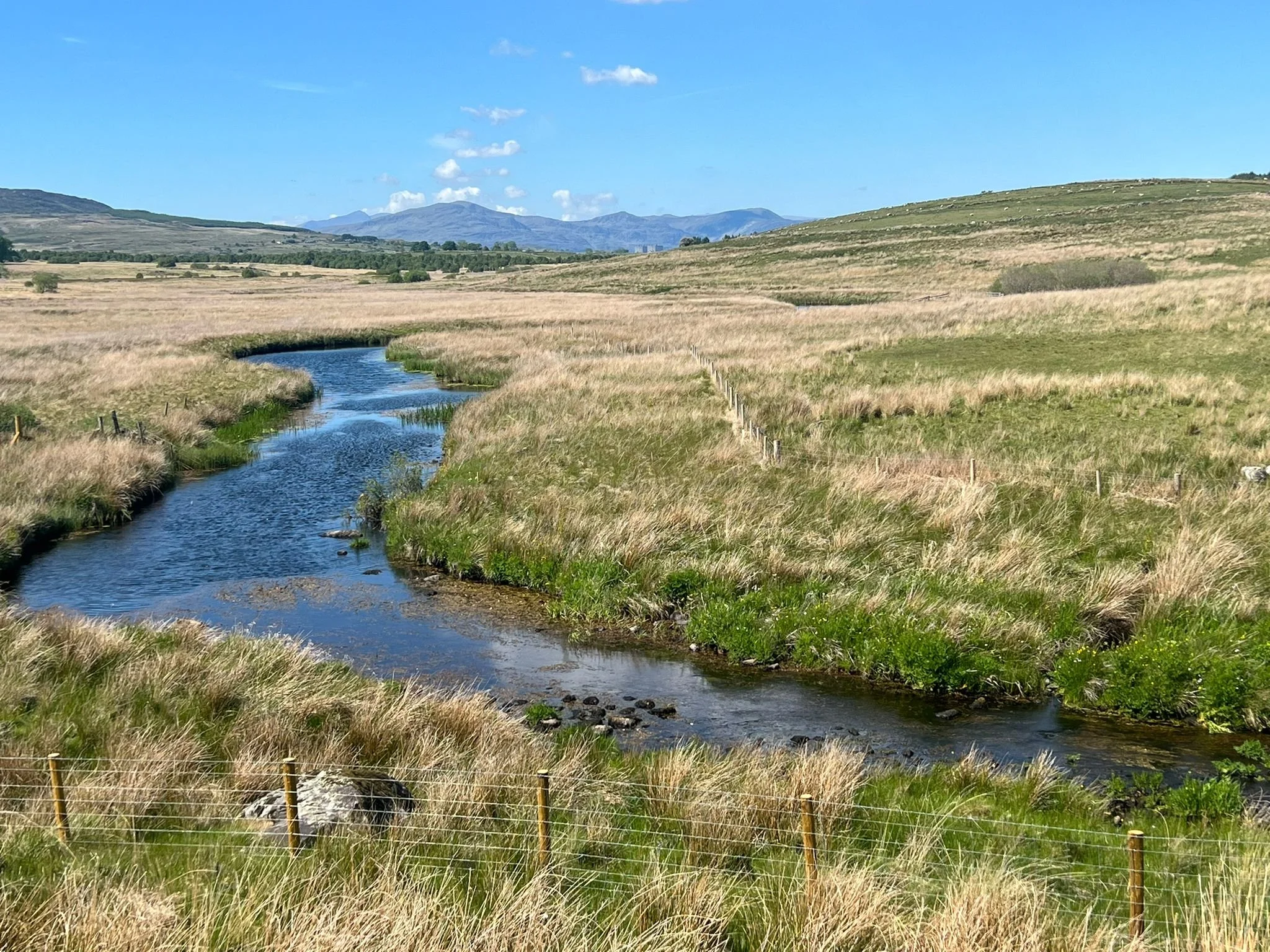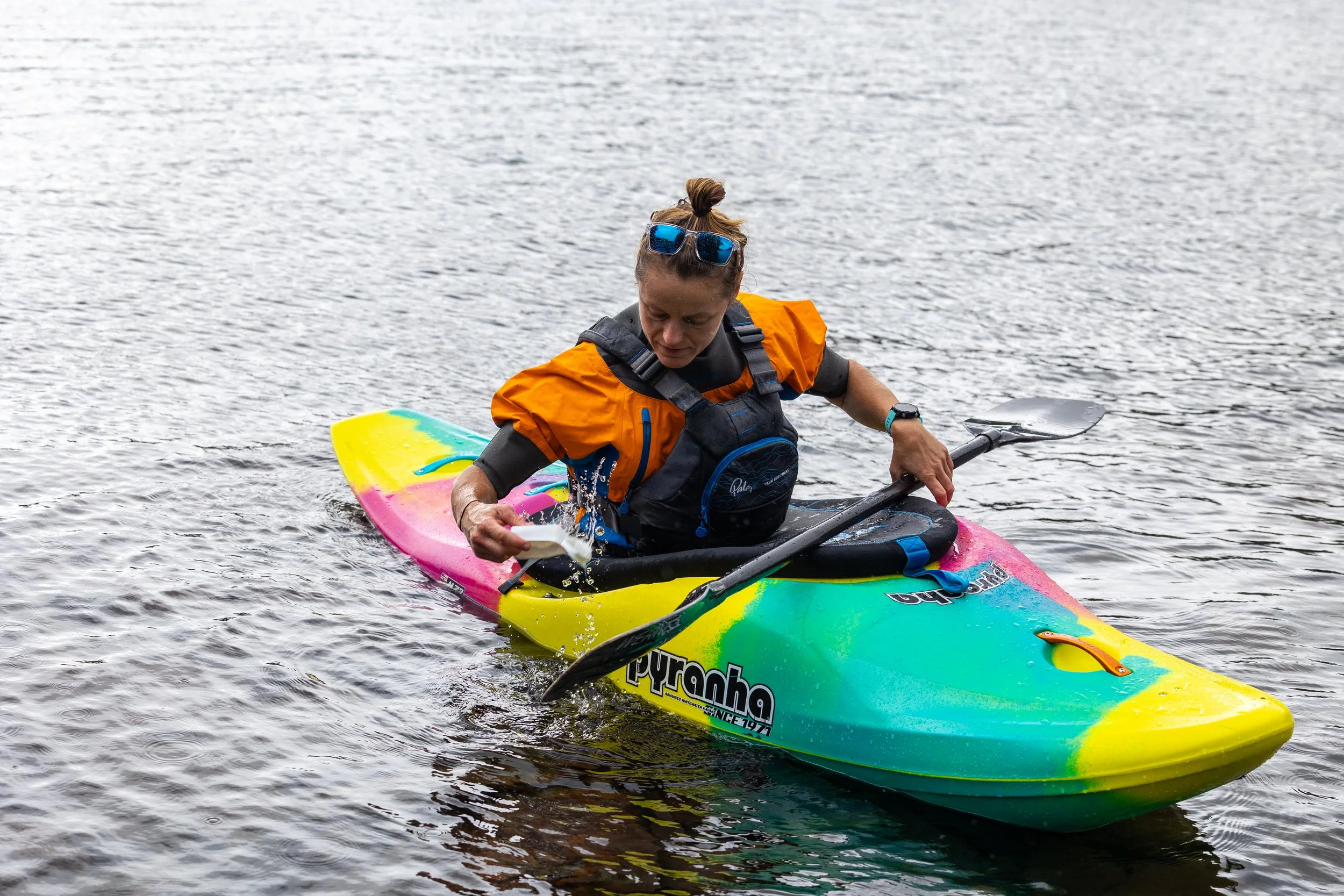WIld guides
North Wales is home to some of the UK’s most treasured rivers, lakes, and wetlands — places that draw people in for adventure, reflection, and connection with nature.
These waters support iconic species like Atlantic salmon, otters, and dragonflies, but they’re under pressure.
Pollution, climate change, invasive species, and habitat loss are taking a toll on both water quality and wildlife.










